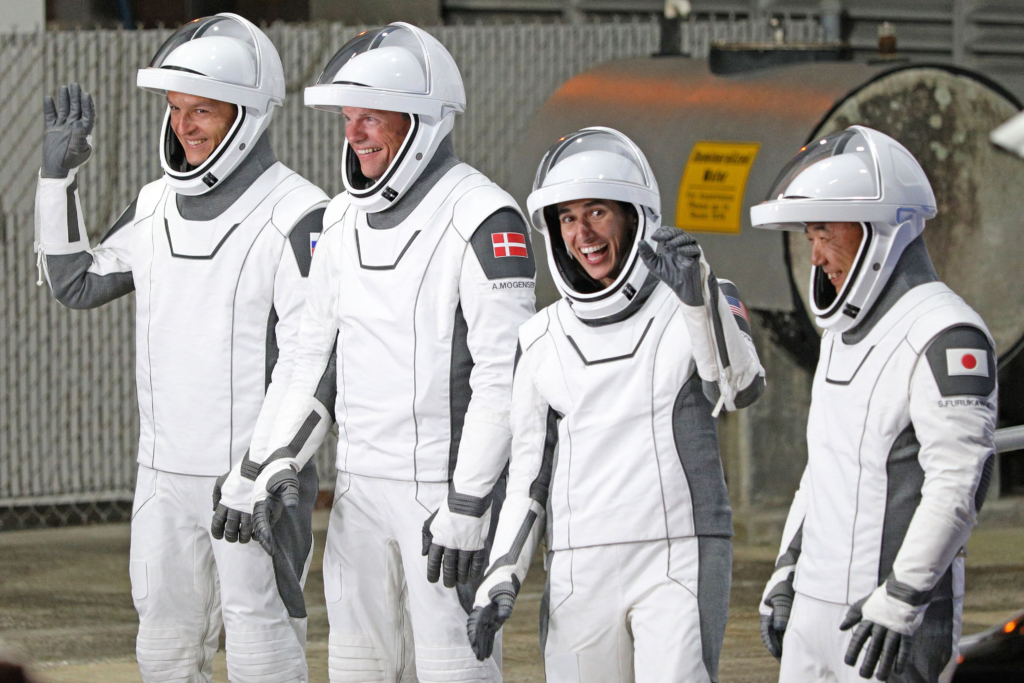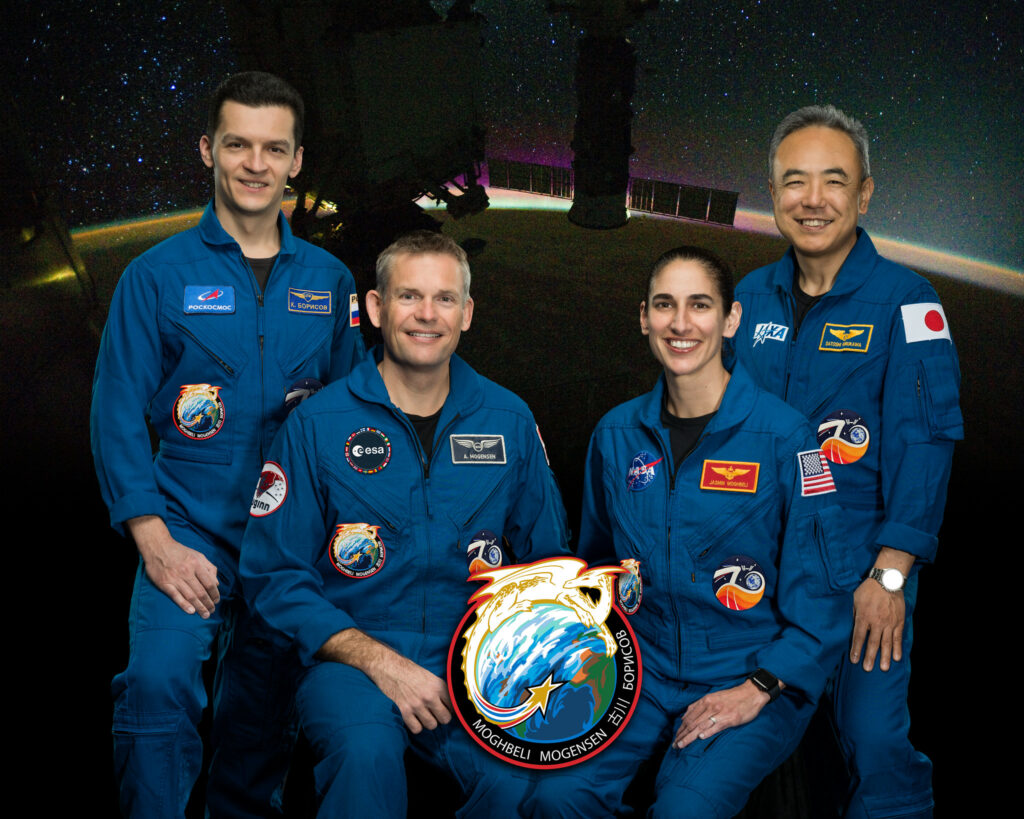FLORIDA: NASA and SpaceX’s Dragon spacecraft embarked on a journey, carrying four astronauts toward the International Space Station (ISS). The Crew-7 mission, under the command of American Jasmin Moghbeli, features a diverse crew comprising Andreas Mogensen from Denmark, Satoshi Furukawa from Japan, and Konstantin Borisov from Russia.

At 3:27 am (0727 GMT), the Dragon spacecraft carried by a Falcon 9 rocket, took off from Launch Complex 39A at NASA’s Kennedy Space Center in Florida. The members present in the mission control room cheered as the Dragon spacecraft successfully separated from the rocket. There were around 10,000 spectators witnessing the launch.
“We have liftoff!” NASA exclaimed on the platform X.
“While we may have four crew members on board from four different nations, we’re a united team with a common mission,” Moghbeli affirmed following the separation.
This mission marks the inaugural spaceflight for both Moghbeli and Borisov. Borisov will become the third Russian cosmonaut to venture aboard a SpaceX Crew Dragon capsule. “This is something I’ve wanted to do for as long as I can remember,” expressed Moghbeli, a Naval test pilot.
Moghbeli, a 40-year-old American, added, “One of the things I’m most excited about is looking back at our beautiful planet. Everyone who I’ve talked to who has flown already has said that was a life-changing perspective — and also floating around in space, it seems really fun.”
The Crew-7 mission is the seventh regular journey to the orbital platform facilitated by Elon Musk’s SpaceX. Through a commercial crew program, NASA engages SpaceX for its transportation needs. It is considered a strategic move aimed at reducing reliance on Russian rockets for transporting astronauts.
Scientific Collaborations and Experiments on the ISS
Space exploration remains a rare arena of collaboration between the United States and Russia, even amidst Russia’s invasion of Ukraine. American astronauts also fly abroad in Russian Soyuz rockets launched from Kazakhstan.
The upcoming six-month stay on the ISS for Crew-7 will encompass a range of scientific experiments. These include collecting samples during a spacewalk to evaluate whether microorganisms are released through the station’s life-support system vents. This undertaking aims to comprehend the survival and propagation potential of microorganisms in space.
Another experiment seeks to comprehend the physiological distinctions between sleep on Earth and in space.
Upon joining the existing seven occupants on the ISS, Crew-7 will be followed by Crew-6 members departing for Earth a few days later. The inception of the ISS dates back to 1998, and since 2001, it has sustained a constant international crew presence.
Its operations are projected to persist until at least 2030, after which it will be decommissioned and directed to plummet into the ocean. Several private companies are engaged in developing commercial space stations as substitutes.


